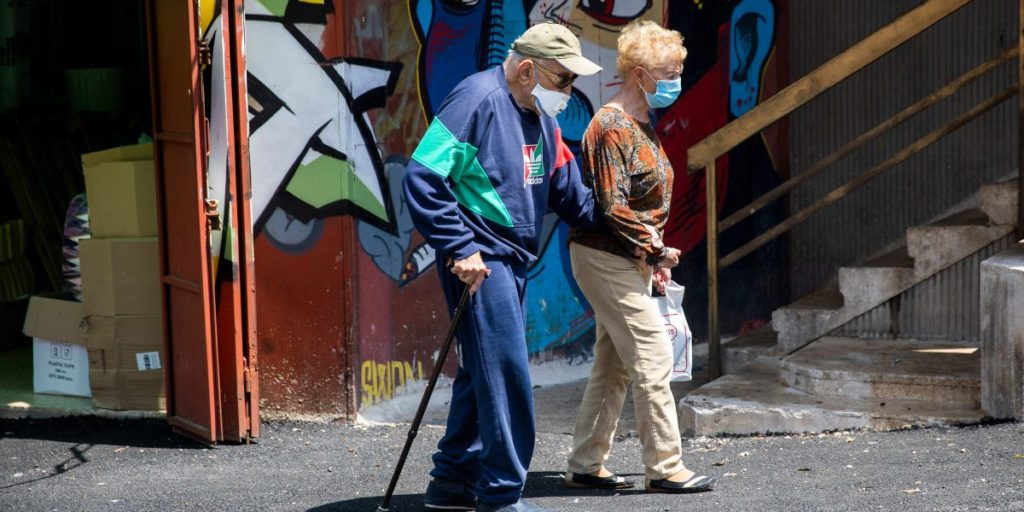The AI was adapted from an existing system trained to identify people most at risk from the flu, using millions of records from Maccabi going back 27 years. To make its predictions, the system draws on a range of medical data, including a person’s age, BMI, health conditions such as heart disease or diabetes, and previous history of hospital admissions. The AI can trawl through a vast number of records and spot at-risk individuals who might have been missed otherwise.
Maccabi also uses the AI to help determine the level of treatment the people it flags might require if they fall sick—whether they should be cared for at home, put up in a quarantine hotel, or admitted to hospital. The organization says it is now talking to major US health providers that are interested in using the AI to fast-track their own high-risk patients.
Using AI to identify vulnerable people could save lives, says Darren Schulte, an MD and CEO of AI firm Apixio, which develops software to analyze unstructured medical data, such as doctors’ notes. Schulte thinks the Maccabi tool could also be used to isolate high-risk members of the population when lockdown measures are relaxed, perhaps moving people into special housing away from family members who may be undiagnosed carriers of the virus.
But bringing such a tool to other countries may not be straightforward. In the US, medical records are locked up inside many different health-care systems. “Our ability to develop algorithms to identify individuals as high risk is limited by the lack of data sets,” says Schulte. “Even in New York City, I suspect it’s a challenge to craft a single data set that brings together patient information across the large hospitals.”
The covid-19 pandemic might change this, he believes. He notes that recent rules introduced by the Office of the National Coordinator for Health Information Technology, a division of the US government responsible for health-care IT, support secure data transfer between different hospitals. “We just need providers to make patient data accessible,” he says.
